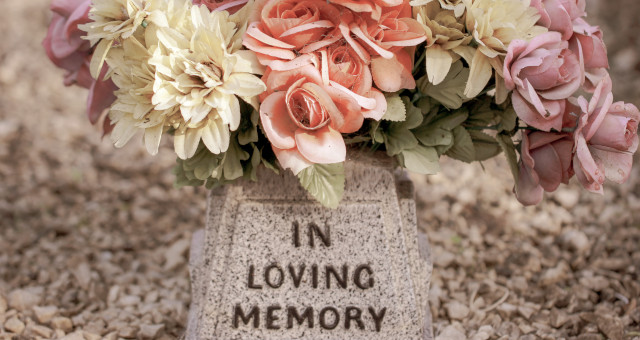
For some of us, the loss of a parent may be the first significant loss we have had. We frequently hear the word grief and have certain thoughts, expectations, etc. of how we should or should not grieve and mourn. As a society, we tend to perpetuate the idea that the loss of a parent, especially an elderly parent, is expected and should be “gotten over” quickly.
Grief is the inside part of what we think and feel when we lose someone we love. Mourning is our outward expression of our grief. In order to heal we must mourn. If you find that some of your friends or family members are not compassionately supportive of your mourning, reach out and find the company of people who will be supportive listeners. Often people are uncomfortable with loss and will want to avoid conversations pertaining to it. However, it is very helpful to have a community you can talk to regarding your loss, grieving, and mourning. Specifically, if you have lost a parent, it can be helpful to talk to someone you know who has also lost a parent and will talk about the feelings and thoughts they have experienced. Some of the feelings you develop will surprise you about your loss.
My Advice to You:
Find three people you can talk to about what you are experiencing as you mourn.
Most of all, I encourage you to be compassionate with yourself and don’t judge yourself. There is no right way to grieve and mourn the death of a parent. Acknowledge and accept the variety of thoughts and feelings that come up for you without judgement. These thoughts and feelings can be varied and conflicting, but it is just what you are feeling or thinking at the time. The feelings and thoughts are not right or wrong.
We are all human, but your grief journey is unique to you and shaped by many things such as your unique relationship with your deceased parent, your parent’s age, your age, your gender, your own personality, your family communication style. There are also so many other things that make your grief journey uniquely yours.
